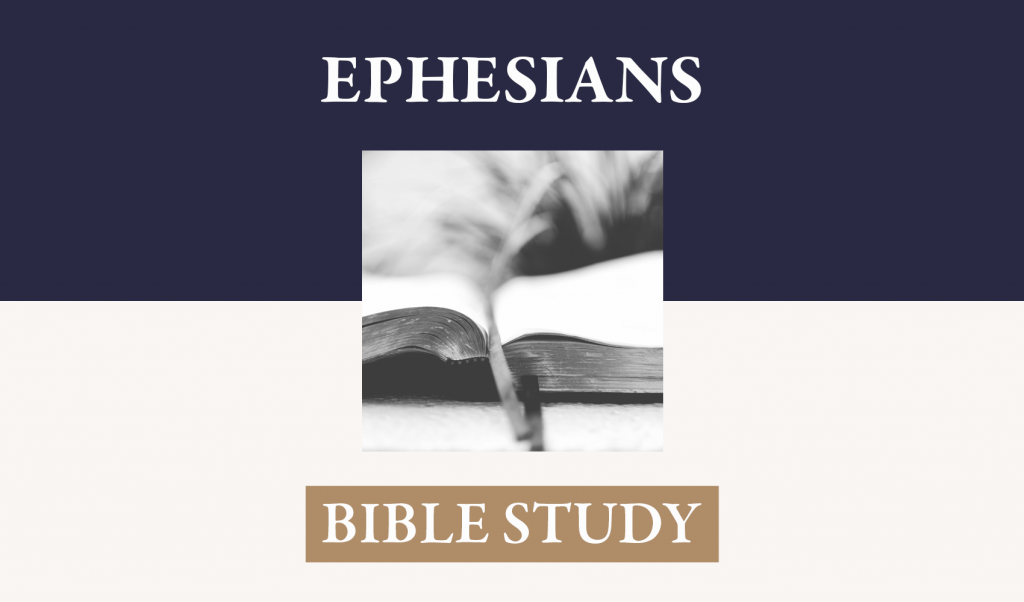God has instituted in this world that just exchange of money for goods and services is a reflection of the laws of cause and effect, of sowing and reaping, and of sin and punishment. Improperly and unjustly used, money can be a snare and an incitement to corruption and destruction. Properly perceived and employed, its hard materialism and temporality can be transferred into spiritual and eternal gain. Money represents the moral equity of the world. The symbols of the death of Christ should make us pay heed to the seriousness with which God takes just and righteous exchanges. Scripture not only says that “the wages of sin is death,” but also that Jesus gave “his life as a ransom for many,” and that we are “bought with a price.” Sinners are “redeemed” Not with corruptible things such as silver and gold but with the “precious” (highly costly) blood of Christ. Absolute justice is presented in Scripture in these monetary and commercial terms. We should take care, therefore, how we appropriate the values and beware of the pitfalls of money.
Implications from Divine Law Concerning Dangers – Ex. 20:15 [8th]; 20:17 [10th]; also 20:3 [1st]; 20:8 [4th] The Ten Commandments have implications at several points for the use of money and also for its delusive impact on the fallen mind.
Relation to God
Labor for six days; set aside the Lord’s day for worship. So it is with the weekly, rhythmical recognition that God owns us and all that he has given us and that our time also is his. To set it apart for more financial gain or for personal pleasure is also idolatry.
Relation to neighbor
Don’t steal – Not only should we avoid the unjust taking of material things from others, but, according to Ephesians 4:28 we are to do “honest work with his [our] own hands, so that we may have something to share with those in need.”
Don’t covet – Covetousness is foundational to all sin. When Paul described the destruction of self-righteousness by the Law in Rom 7:7-12, it was the commandment “Thou shalt not covet<” that showed him to be a breaker of all the commandments. Probably he referred to this same experience when he wrote in Galatians 2:19, “For through the law I died to the law, so that I might live to God.”
Put money in perspective 22:4; 23:4, 5; 30:7, 8; 1 Tim 6:6-10, 17-19
Value integrity and labor more than money-10:16; 13:11; 15:27; 28:6; 21:6
Use money for eternal benefit – contrary 1 Tim 6:5 comp. 17-19;
A . Missionary support – Philippians 4:15ff; 3 John 5-8 As Jesus indicated in the parable of the unjust steward (Luke 16:9), wicked mammon can be transformed into personal relationships, or even eternal relationships, through the wise and strategic distribution of it. Supporting a gospel proclaimer to those that have not heard can mean that money provides the context in which “Faith comes by hearing and hearing by the word of Christ.”
B. support of ministry – 1 Timothy 5:17, 18 To pay a faithful gospel minister is to love the well-being of one’s own soul.
relief of poor – Lev 19:9, 10; Pr. 14:21, 31; 19:17 1 John 3:17
Do not see money as an evil but as a channel for doing good to others – 22:16; 28:8; James 5:1-6
Desire for it can lead to evil activity 22:16; 28:8 – God has so constituted the world that those things are capable of serving the greatest good are also capable of the most egregious corruption. Money can result in a reflection of generosity, humility, lovingkindness, grace and a beneficent consuming passion for the glory of God in the world; or, it can become the occasion for oppression, niggardliness, and pretentious flattery.
Generosity is blessed – 22:9 – The person with a “bountiful eye” will share bread with the poor and not consider it an imposition, for he has surrendered all that he is and all that he has to God for his glory; we are warned, however, against eating the bread of a man who is stingy (or has “an evil eye”) [23:6] for he is inwardly calculating, adding up how his goods have decreased because of this appearance of generosity on his part.
James 5:1-6 indicates this stingy person, the one of the “evil eye”, not only is miserably narrow and constricted in spirit in this life, but heaps up judgment for the next. His stinginess makes him unjust in the way he treats his workers, while he lives “on the earth in luxury and in self-indulgence.” James would indicate that he should pay a good wage and pay it quickly.
The Example of Christ and the value of Christ
Not grasping but emptying Phil 2:5, 6
Support of world Christianity is an emulation of Christ (2 Corinthians 8:9 in context)
Any attempt at wealth that compromises the glory of Christ and our knowledge of him is not gain but loss – Proverbs 3:13-18; 8:7-11; Phil 3:8
















